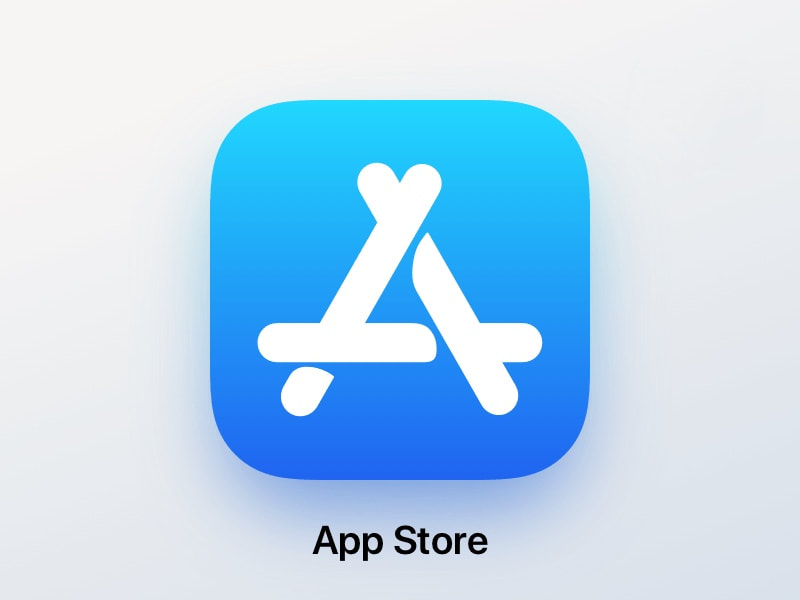Meanwhile, Wall Street analysts are all bullish that Apple is going to replace iPhone revenue with services revenue. That’s preposterous. The entire business of Netflix, the largest video streamer on the planet, is about the size of just the iPad business alone. Only much less profitable. Plus, all this services revenue is dependent on the size of the hardware installed base. So if the number of iPhones and iPads goes down, services revenue goes down. In which case, Apple is right back to fretting about how to increase iPhone unit sales again.
When Basecamp publicly called out Apple last week, Apple’s Marketing Chief Phil Schiller made no bones about the fact that Apple wasn’t about to change the rules to accommodate Basecamp. He couldn’t have been any more clear or resolute in his statement. And yet, Apple did give in to some extent only a few days later. What changed?
There’s only person above Phil that could’ve intervened, Tim Cook. It looks to me like Tim Cook got involved and Apple ultimately decided to open the AppStore doors to Hey. Why is this significant? Because it signals where Apple is headed in the future.
Apple doesn’t share gross margin information with the public for individual products like the iPhone or iPad but this data exists within Apple. And the product managers are evaluated on how well they manage that product line income statement. If Apple’s services are ever going to evolve into a major profit center for Apple, a similar process needs to be followed for the services products. That’s why Phil Schiller was so adamant that Apple wasn’t going to bend the rules for Basecamp.
The AppStore needs to be able to stand on it’s own two feet. But if Apple allows the proliferation of apps that utilize the AppStore’s services but don’t provide any revenue, this house will collapse as a standalone business. It will become a permanent ward of the house of iPhone.
This is part of the reason why AppStore developers were so indignant with Apple. They don’t see the AppStore as a real business in and of itself. If Apple makes so much money on the iPhone, why don’t they cut or eliminate their commission? Developers don’t see themselves as what they truly are, wholesalers. In some twisted way, developers see themselves as the customer and that Apple is serving them via the AppStore. Apple is in business with a whole lot of people, that don’t really understand the business world.
When I was working at the Cabela’s world headquarters there was an endless parade of hopeful merchants bringing their wares. You could almost see the sweat on their foreheads as they waited in the lobby. They all had dreams of Cabela’s agreeing to let them into our catalog or retail sales channel resulting in a windfall of sales. Very few were granted the privilege. They never arrived thinking that they were the customer and that Cabela’s owed them anything.
Developers still see the AppStore as existing only to sell iPhones. But does it? That is the question here.
If Apple intends to grow services revenue, the last thing that they want is the proliferation of apps that don’t bring in revenue. Once Apple opens that door. It will be very difficult, if not impossible, to ever shut it again. That’s why Phil Schiller initially said there was no rules changes in the foreseeable future.
But is Tim Cook having second thoughts about services as a revenue driver? If Apple intended to elevate services to become standalone profit centers, Phil’s statement would’ve been the last we heard from Apple.
Apple’s shift in stance could have significant ramifications for the company as a whole. The AppStore is by far, the largest segment of services. If services revenue does grow significantly, hardware prices could come down since they’d no longer be subsidizing services. But if Apple sticks to the hardware first paradigm, iPhone prices will remain high. The pricing of services also becomes an open question. If iPhone prices remain high, then services could be priced low or even free.
Apple’s signal to Basecamp was huge. It shows that perhaps Apple is going to stick with the hardware first model. It also shows that this question may still be in debate at the highest levels within Apple.
*** Update: It sounds like it was the makers of Hey that relented by offering a 2-week trial period. Which does conform to Apple’s original rules. So it’s unclear if Apple made any special allowance for Basecamp at all. Perhaps not.



 RSS Feed
RSS Feed